Since March, there has been one word that best describes travel for Americans: uncertainty. Travel restrictions continue to limit movement to help slow the spread of COVID-19 while the list of places travelers can and cannot go is ever-changing. Relatively safer types of travel, like camping and visits to national parks, are surging, but winter adds new complications. This uncertainty is not likely to change until there’s a widespread vaccine. Still, planning your next vacation is not off the table.

How to Plan for 2021 Travel in the Age of COVID, According to 23 Travel Agents
“When to plan that next trip is really up to the individual and their own comfort level,” says Carey Malloy, brand director at Orbitz. “With everything going on in the world right now, I don’t think there’s a one-size-fits-all timeline for travel planning. The good news is that whenever travelers are ready to get back out there, the travel industry has adopted policies and procedures to make sure travelers get the information they need to plan that next trip.”
Orbitz and other booking sites have added cleaning and safety information for airlines and hotels, while boutique travel agents are working to stay abreast of constantly changing guidelines. Many in the travel industry are meeting travelers — former, current, and those waiting for a safer time — where they’re at. And by some metrics, travelers are ready to at least start thinking about getting out again.
“It’s clear Americans still want to travel and have a love for experiencing the world,” says Todd Dunlap, North America managing director at Booking.com. “More than half of Americans have said they are feeling comfortable enough to plan domestic travel in the next six months.”
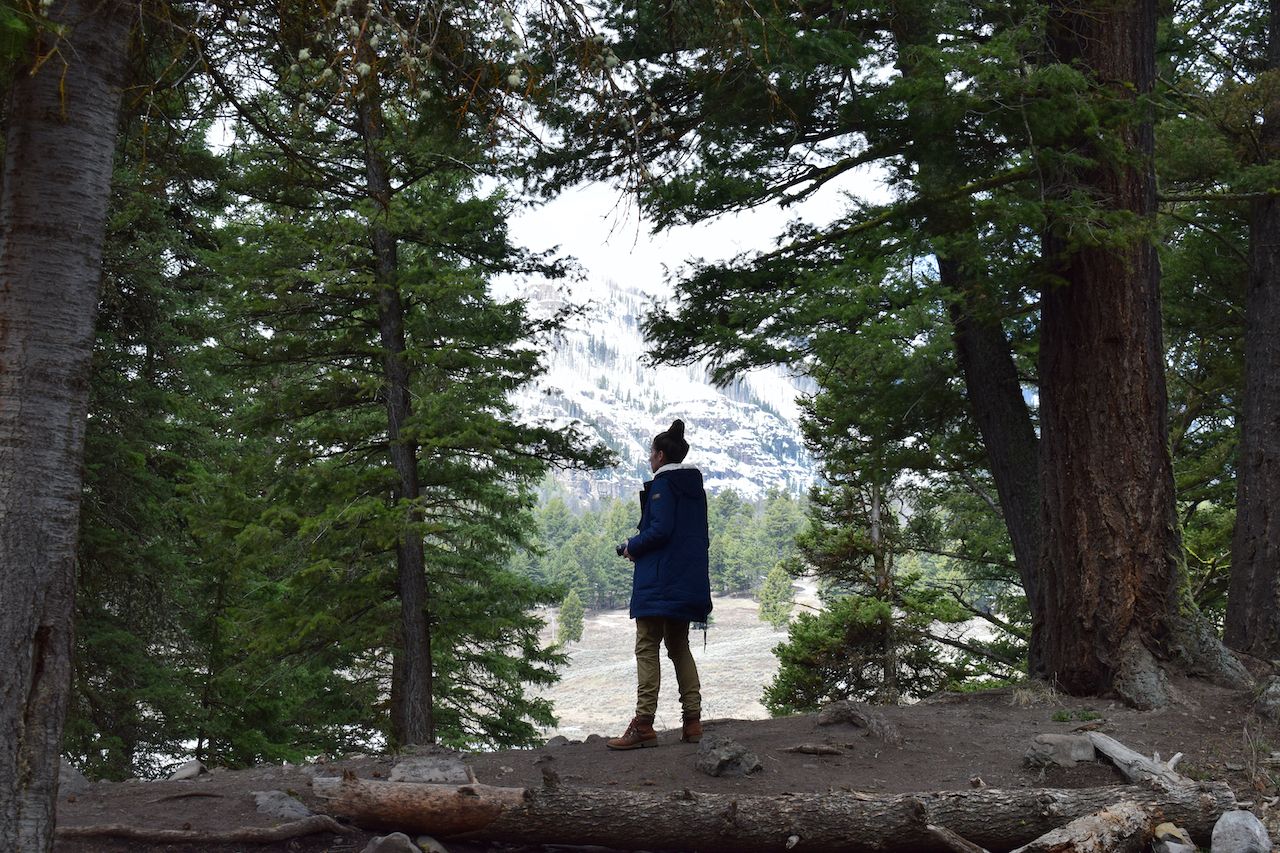
Photo: mac aughey/Shutterstock
A Booking.com study found 91 percent of the distance traveled by Americans between June 1 and August 31, 2020, was domestic, compared to 43 percent during the same period of 2019. A focus on domestic locations is bound to continue as restrictions continue. GetYourGuide compared bookings for September through December 2019 versus 2020 and found the most popular destinations went from European cities like Rome, Barcelona, Milan, and Santorini to national parks like Grand Teton, Grand Canyon, Antelope Canyon, and Yellowstone.
Despite the uncertainty, travel agents are starting to see interest — especially when it comes to specialty experiences. Aggressor Adventures, which plans liveaboard scuba trips, river cruises, and safari lodge stays, has trips running in only around half of its pre-pandemic destinations. Those that are open have seen reservations fill up to 90 percent occupancy, says CEO Wayne Brown.
“This shows the pent-up demand that people are ready to get back to adventure,” Brown says.
To help you decide when, where, and how to plan for travel, we reached out to dozens of travel experts and agents. Here’s what you need to know before planning your next trip.
Six to nine months is the sweet spot, but be flexible
Karen Rosenblum, founder of Spain Less Traveled: “For international travel, start laying the groundwork six to nine months in advance, even if that means waiting to make firm reservations. The bottom line is we all need to be more flexible with our 2021 travel plans.”
Lauren Doyle, executive vice president of The Travel Mechanic: “The sweet spot is six to nine months prior to travel for all-inclusive land packages. With very flexible cancellation policies and Book with Confidence guarantees, it is the best time to score a great deal without having to risk losing money.”
Jonathan de Araujo, owner and manager of the Disney, theme park, and cruise travel planner The Vacationeer: “We’re recommending that our guests book six months or more in advance. This allows them to lock in the room of their choice, secure any necessary entry permissions (such as Disney’s new Park Pass System), secure the historically low airfares that are currently available, and still have the flexibility to cancel or modify their reservation later if plans change.”
“I anticipate a European boom once the borders open back up, so I would recommend travelers look at the great deals that are out there.”
Brooke Johnson, owner of the RV road trip agency Tumbleweed Travel Co.: “If you want to travel to the National Parks and in an RV, it is best if you plan your trip nine months in advance, and at least six months in advance. Many campgrounds in popular locations (Yellowstone, Yosemite, Zion National Park, etc.) are released six months in advance and sell out immediately. If you cannot plan that early, four months out can also work.”
Wayne Brown, CEO of Aggressor Adventures: “We’re recommending guests consider making a reservation even earlier than they would have previously. To secure the dates that work best for your personal schedule, we are recommending at least 90-120 days prior. For our top destinations like Galapagos and Socorro, six months may be needed.”
Latifah Al-Hazzá, co-founder of the boutique women’s travel company Femscape Sojourns: “I would recommend planning for trips no earlier than March.”
Book for destinations that need it most
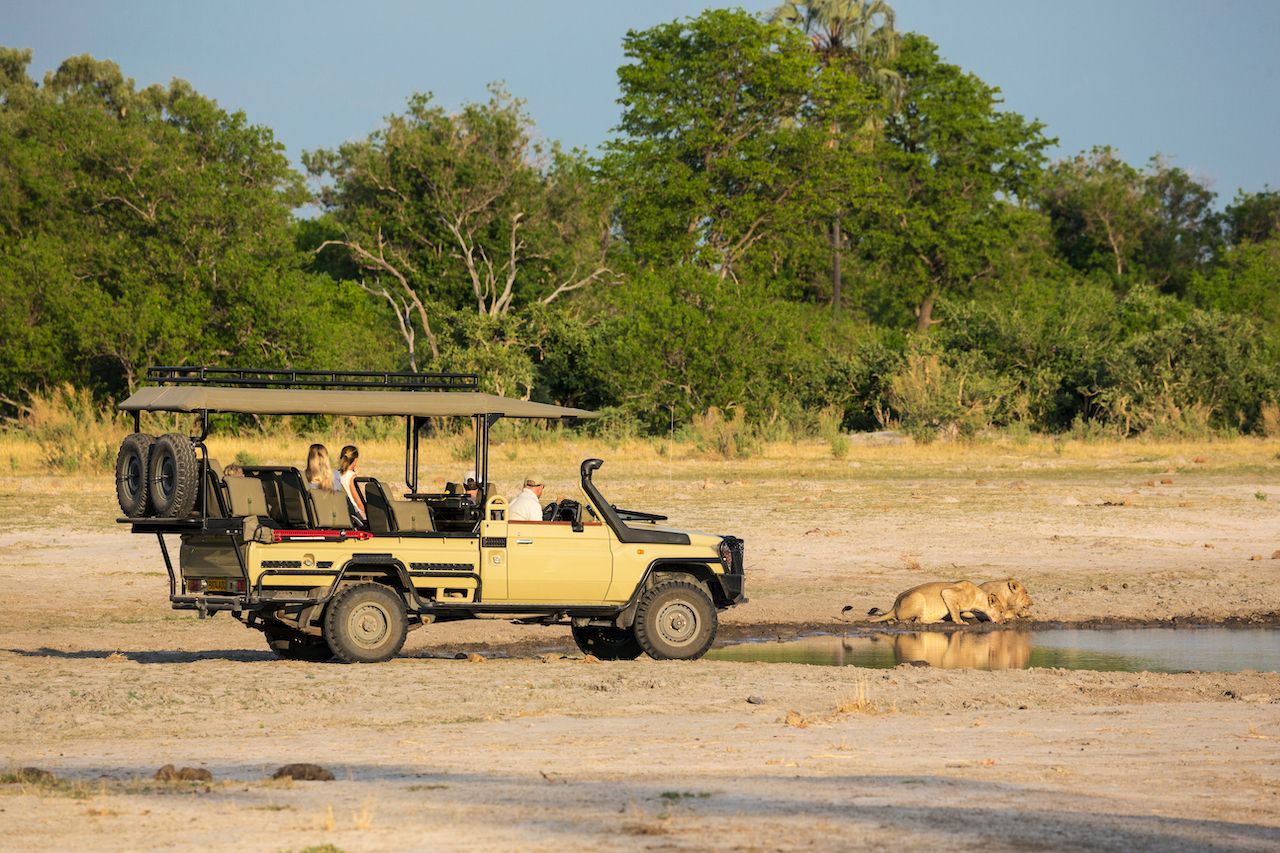
Photo: MintImages/Shutterstock
George Morgan-Grenville, CEO and founder of Red Savannah: “For the ethical traveler, we would encourage people to support those destinations that have been hardest hit during the pandemic and/or areas where the benefit of tourism — to communities, wildlife, the environment — is far and wide. In Kenya, for example, a guide or ranger supports on average eight other people and the tourism dollar goes a long way to protect wildlife from poaching and land encroachment through grazing.”
Patrick Ziemnik, customer service manager at Rustic Pathways: “If you are the type of traveler who supports responsible tourism, your deposits will go a long way right now toward supporting local economies. The best mindset to have is flexibility.”
Booking now can save money later
Bob DiMenna, travel consultant and co-host of The Travelers Blueprint: “Prices are increasing to make up for lost revenue. I am booked for 14 days in Italy in May 2021, and I am already seeing price increases for rental cars and accommodations. Anyone who had anything booked in 2020 and makes an attempt to reschedule is being met with a request for additional money to hold their reservation.”
Jeff Lanno, owner of Hola Weddings Travel: “The earlier the better. A lot of resorts now have cancel free of charge up to 24 hours prior to departure. Therefore, the financial risks are pretty much eliminated, plus you can change your mind pretty much at any time. Tour operators have also reduced their deposit and cancellation fee which makes it easier than ever to change plans if needed.”
“The best time to plan a trip is before your airline or hotel credits expire.”
Diane Mason, founder of The Cruise & Travel Planner: “What people need to understand is that a lot of airlines and tour operators distributed hundreds of thousands of ‘Future Travel Credit Vouchers’ that have expiration dates on them, some as early as December 15, 2021. As soon as a vaccine becomes available for COVID-19, people are going to be scurrying to book their travel arrangements and space is going to become a HOT commodity. Rates WILL go up as soon as a vaccine is available and anyone who is not already booked could find themselves paying twice to three times as much.”
Heena Patel, vice president at Extra Holidays: “At the moment, we’ve seen that popular destinations that might have been on hold for part of 2020 go back to the top of the list come 2021, such as Hawaii, Las Vegas, Orlando, and California. Travelers looking forward to visiting these destinations in 2021 should consider to start looking at options before the end of the year to ensure they find the best deals and accommodations.”
Carey Malloy, Orbitz brand director: “There’s no hard and fast rule for when travelers should start planning next year’s travel itinerary, with one exception: For anyone who did have to alter or change travel plans this spring or summer due to COVID-19, the best time to plan a trip is before your airline or hotel credits expire. Most policies in the spring and summer offered travelers plenty of time to use their travel credits, but personally, I would recommend starting to research future travel plans sooner than later. The reason being that it just might boost your mood and give you something to look forward to. Plus, with many airlines and hotel providers offering more flexibility than usual right now, if you do end up changing your mind you likely won’t have to pay a penalty to kick those travel plans down the road a bit.”
Some destinations will quickly fill after travel restrictions are lifted
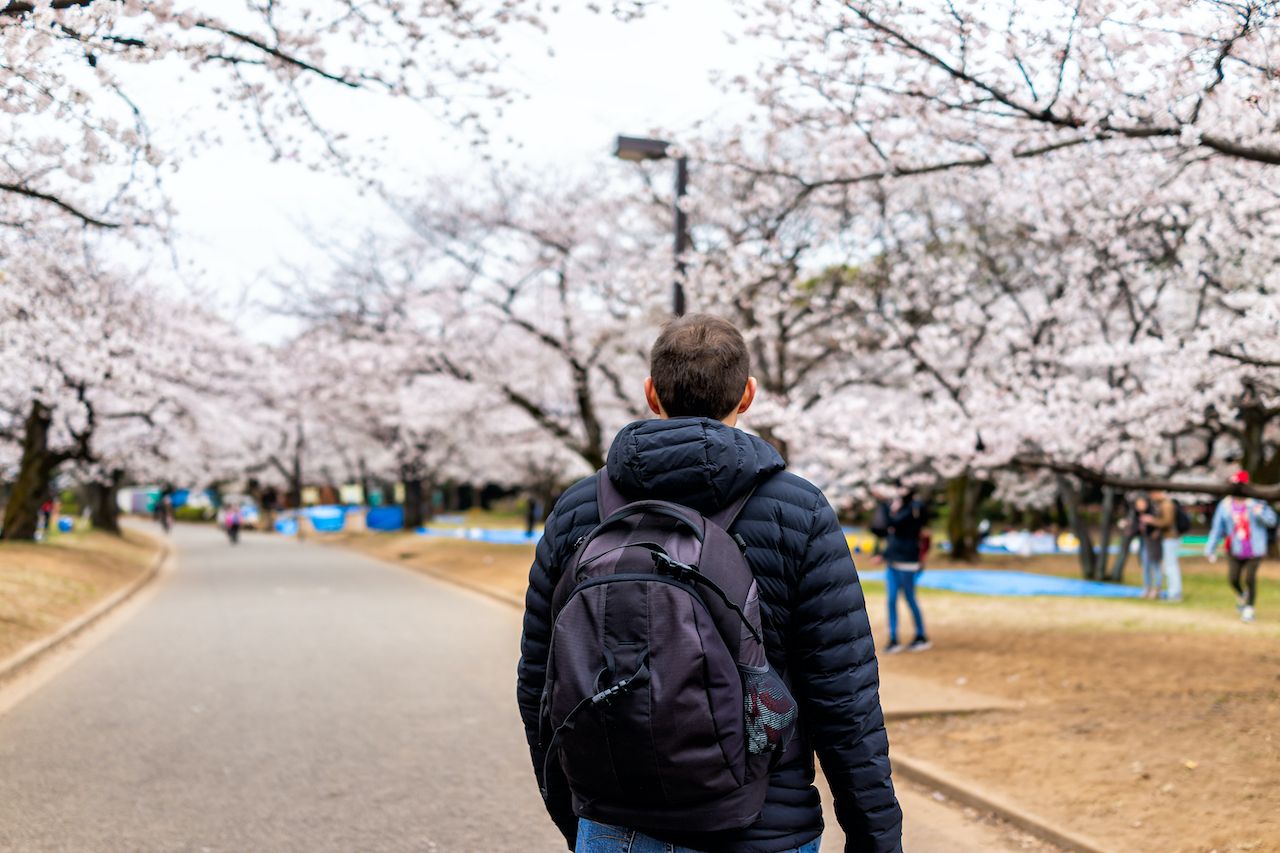
Photo: Kristi Blokhin/Shutterstock
Catherine Heald, CEO and co-founder of Remote Lands: “People should start to plan travel as soon as they know they want to travel. They should NOT wait until the countries actually open, because once they announce opening dates we expect tremendous pent-up demand to kick in, and space will be hard to come by in places like Tokyo and Kyoto during cherry blossom season in April 2021 and the big Paro Tshechu in March 2021. To avoid disappointment we recommend that clients book early. In destinations where many travelers visit for a specific festival, we anticipate that there will be strict guidelines on the number of people that will be able to attend the festivals or a limited number of tourist visas that will be granted, especially earlier in 2021.”
Shannon Bradley, sales and marketing at Down Under Endeavours and Africa Endeavours: “In times outside of COVID, we tell people six to nine months in advance for the South Pacific (unless it is peak season, then a year in advance). And for Southern Africa, plan a year to 18 months out, and Eastern Africa, anywhere from a year to two years out. Now with COVID, many of these places are booked out a year or 18 months in advance already (many lodges in Africa are small, availability for South Africa for Dec 2021 is difficult already) due to many postponements and pent up demand … Many travelers are waiting until they know borders are open. However, the challenge with that is that availability might be completely gone for a year in advance if travelers wait that long.”
George Morgan-Grenville, CEO and founder of Red Savannah: “Australia and New Zealand are likely to keep borders closed until at least the middle of 2021. For a ‘Big Trip’ — perhaps to tick off some bucket list places such as the Great Barrier Reef, Sydney Harbour … it would make sense to plan 2022 now. Once borders open and a vaccine is available, the travel floodgates are likely to open and those who have planned ahead — even as far ahead as 2022 — will have secured the best accommodations during the prime seasons.”
Steve Kelty, CMO of Contiki: “I anticipate a European boom once the borders open back up, so I would recommend travelers look at the great deals that are out there.”
The case for domestic travel
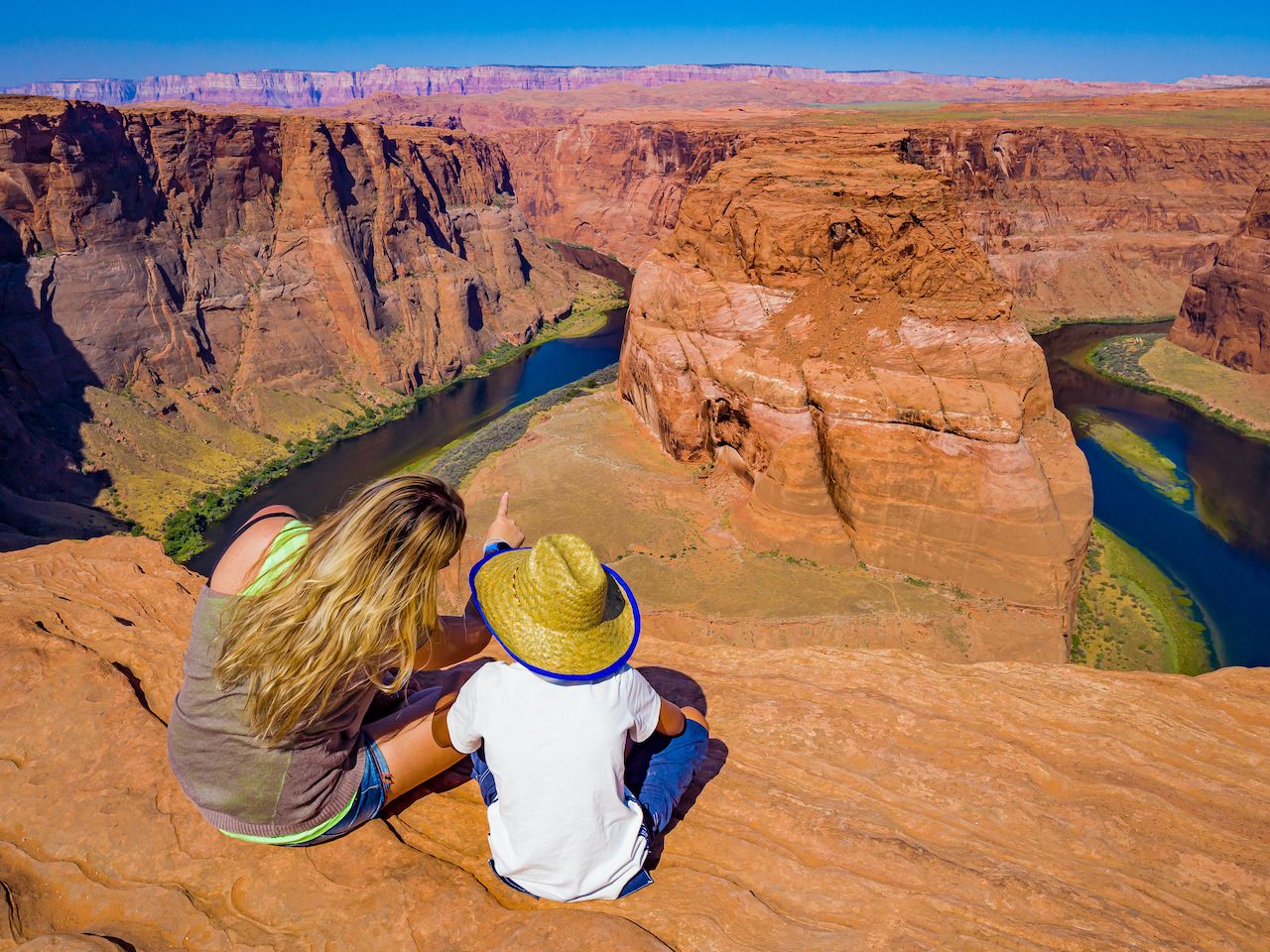
Photo: arkanto/Shutterstock
Carey Malloy, Orbitz brand director: “COVID-19 definitely increased demand for domestic travel this year, and that’s a trend I imagine will continue for the foreseeable future. So while in a ‘normal’ year I’d probably advise you to plan ahead for those big international bucket list trips, this year I actually recommend getting a head start on trips here in the states. Trends we have seen so far in 2020 are increased demand for beach locales, outdoor and hiking destinations, road trips, and national parks. If you’ve thought about any of the above, or missed out on that trip to Yellowstone this year, I’d recommend booking those trips now.”
Jeff Lanno, owner of Hola Weddings: “A destination with a flight a week could be harder to get back from should the situation get worse. Therefore prioritize the destinations closer and most accessible to you as this is what other people will do as well and therefore might create more demand and increase pricing.”
Staffo Dobrev, a budget travel expert at Wanderu: “Travelers can start making plans for spring and summer 2021, as long as they don’t go beyond the limitations of what they were able to do and where they were able to go this past summer. The best approach would be to plan for low-key trips where they would be able to interact only within their own group.”
Where people should avoid planning for now
Carey Malloy, Orbitz brand director: “Personally, I would wait on planning travel to bucket-list destinations where the current experience might not match up with the dream trip you’ve got in your head. For instance, it may not make sense to book that grand Italian adventure quite yet if some of the attractions, restaurants, and museums aren’t yet open. For the near term, one thing all travelers can plan on is staying flexible. If you do plan any travel in advance right now, make sure you know the policies and opt for travel reservations that will give you the most flexibility.”
“If there are spikes in COVID cases, there may be micro-shutdowns of tourist locations for small amounts of time.”
Patrick Ziemnik, customer service manager at Rustic Pathways: “Be cautious of destinations with less organized or overstretched public health systems. For a non-American, sadly that list would include the US. Other than that, avoid places where most of your agenda would have to be indoors due to the weather or other factors, as we now know the risk that presents.
Dwight Zahringer, president of Pure Cabo: “Urban centers and traditional tourist hotspots are the kinds of places you may want to think twice about. Whether domestic or international, large cities or areas with a higher population density have higher outbreak risks. Likewise, popular domestic tourist destinations, especially during holiday breaks, face the same problem. More people just means more risk.”
Lauren Doyle, executive vice president of The Travel Mechanic: “I would hold off on booking China, Europe and Southeast Asia at the moment. It’s not so much about the safety of other countries but more about the requirements of other countries allowing Americans to enter.”
Things to remember and consider before planning travel
Barb Weigel, advisor Travel & Transport Vacations: “Make a bucket list of where they would like to travel in 2021 and 2022 and then call their favorite travel agent. Make sure their passports are up to date. Consider adding travel insurance to their reservations. If booking a cruise, make sure they have a refundable deposit.”
Marc Christensen, founder of Brilliant Ethiopia: “Most companies are offering credit vouchers, but you need to know the limitations on these vouchers. Some are lifetime vouchers, others just 12 months. Can you apply the voucher to another destination? If so, where? Travelers should also check the payment schedules and avoid paying for anything in full upfront. You should be able to get away with a deposit, and a delayed balance payment.”
Charles Neville, marketing director at JayWay Travel Inc: “We suggest guests collaborate with agencies who do not only transfer vacation dates but country destinations as well. So that if Spain has to close borders, guests can transfer their vacation to another country like Croatia.”
Should you consider travel insurance?
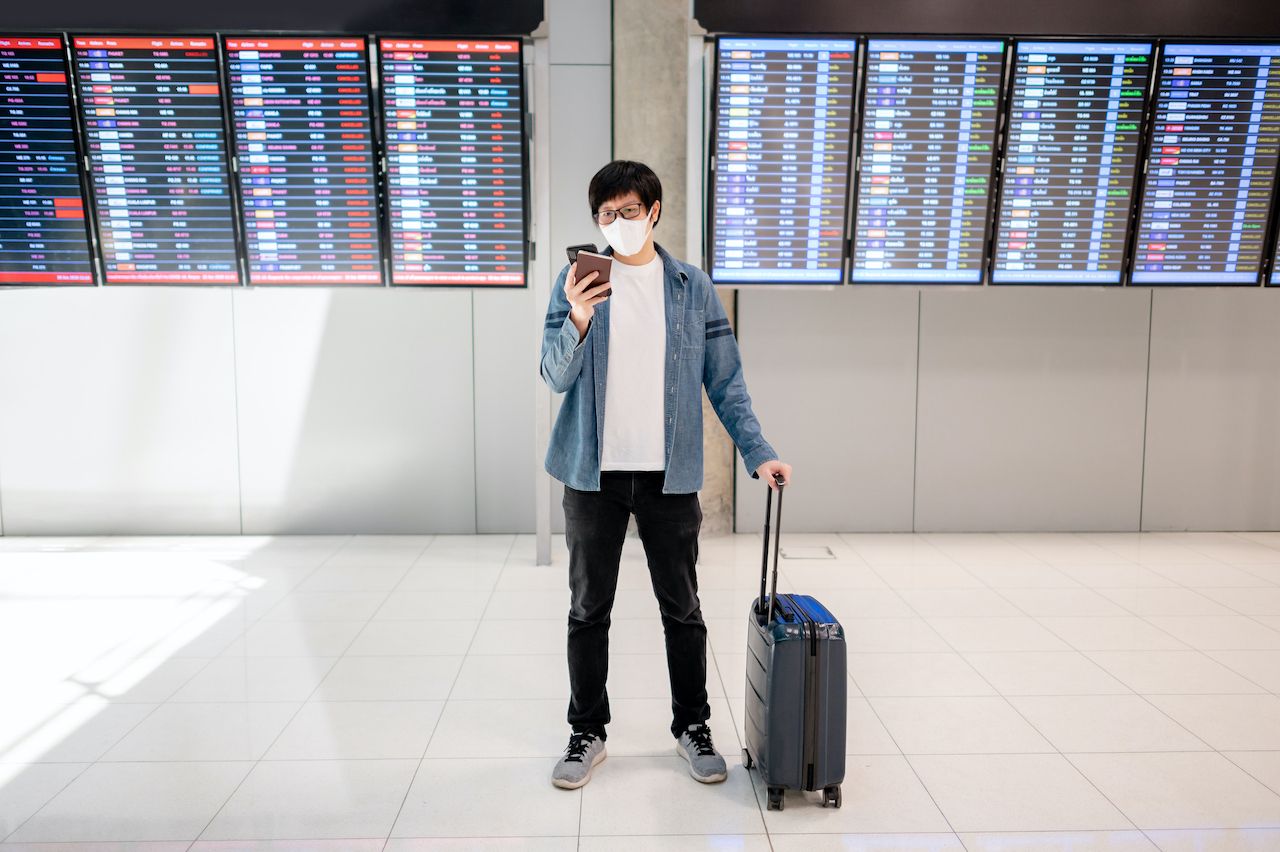
Photo: Zephyr_p/Shutterstock
Helen Prochilo, of Promal Vacations: “Look at buying Cancel for Any Reason travel insurance for your trip. In most cases you won’t receive 100 percent of your money back, but for those who had it and were able to file claims for non-refundable deposits or fully paid trips, it was worth what they paid.”
Kevin Groh, of Cachi Life: “If there are spikes in COVID cases there may be micro-shutdowns of tourist locations for small amounts of time. This means you will have to be willing to reroute a tourist site to another option in your itinerary. Additionally, carrying travel insurance that actually covers COVID-related shutdowns may be beneficial for these instances that you have purchased tickets.”
Karen Rosenblum, founder of Spain Less Traveled: “Firm reservations don’t need to be made months in advance for 2021. But for travelers looking to snag some of those good deals that are out there right away, the key is reading (and understanding) the change, cancellation, and refund policies of everything you’re putting money down for. And researching and buying a comprehensive travel insurance policy.”